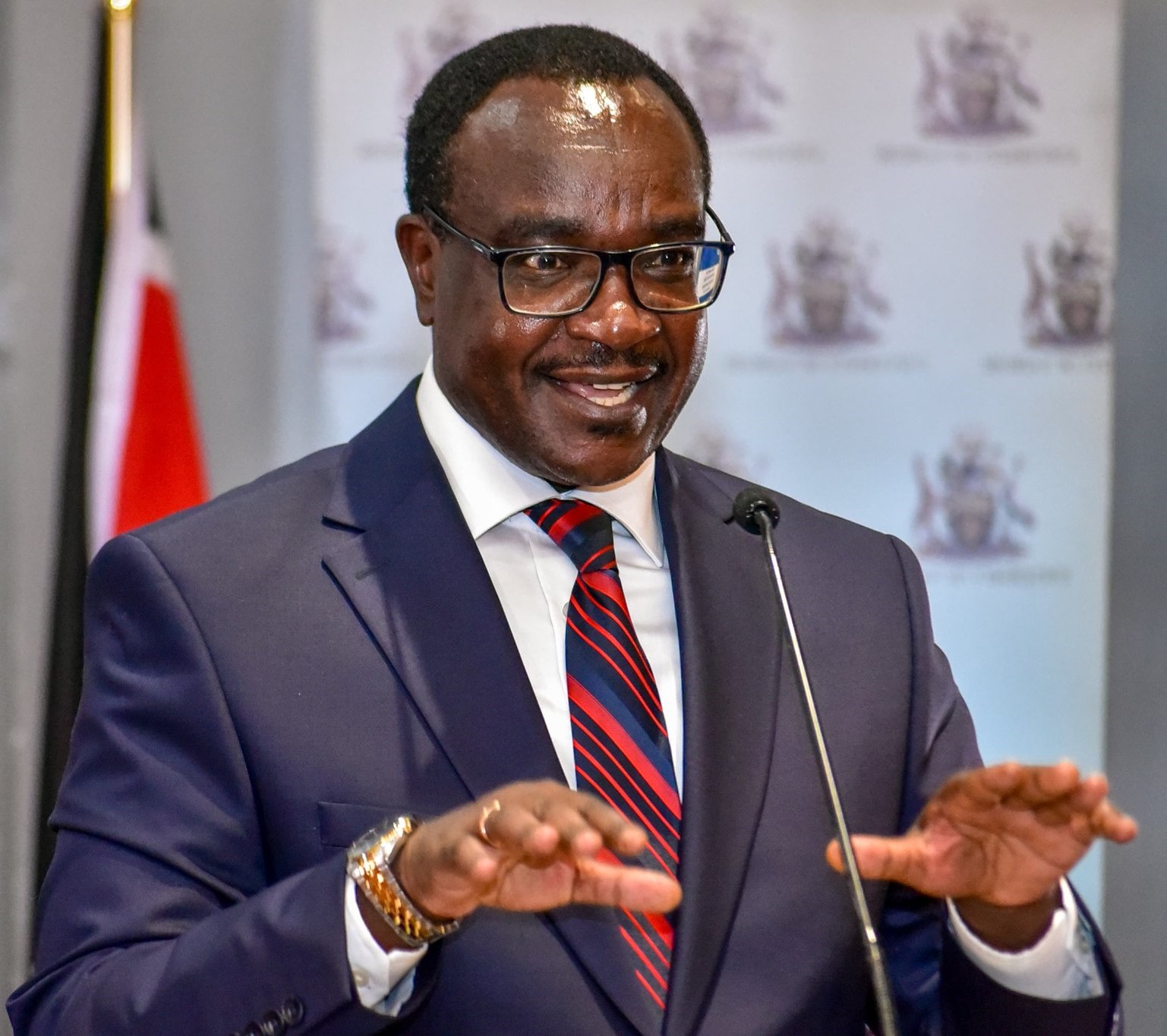By The Weekly Vision Reporter
Civil society organisations in Kenya’s education sector have raised the alarm over significant funding gaps in the proposed 2025–2026 national budget, warning that over one million learners could be excluded from school without urgent action.
Speaking in Nairobi on the final day of public budget consultations, Tuesday, 20 May 2025, members of the Elimu Bora Working Group said the Budget Policy Statement (BPS) undermines the right to education by failing to allocate resources based on actual learner numbers and critical needs.
According to the group, while the BPS proposes an allocation of Sh656.6 billion to education, much of this funding is either misallocated or insufficient to meet pressing demands. “The budget, long expected to facilitate inclusive quality education, has become an inhibitor to access for millions of children and youth,” said Jennifer Kaberi, Director of Mtoto News.
The organisations noted that although the 2025 Economic Survey reported 8.2 million primary school learners in 2024, the current budget estimates cater to only 6.97 million, effectively excluding 1.3 million learners. This discrepancy, they said, must be urgently addressed to avoid deepening inequalities.
The crisis is worsened by the plight of out-of-school children. UNESCO estimates that over 2.5 million children were out of school in 2024, while Save the Children and UNICEF place the figure closer to 3.5 million. These children remain unaccounted for in budget projections, raising serious questions about the inclusiveness of the government’s planning.
Under the Free Primary Education (FPE) programme, Sh12.78 billion has been allocated, which the Elimu Bora Working Group deems grossly inadequate. They recommend an increase to Sh41 billion, based on a capitation rate of Sh5,000 per child for all 8.2 million enrolled learners.
Concerns were also raised about Technical and Vocational Education and Training (TVET) institutions. Despite an allocation increase from Sh34.5 billion in 2024/2025 to Sh41.5 billion, it remains unclear whether capitation funds will directly benefit learners. “Even in TVET, it is unclear who the capitation benefits. We need transparency on student funding,” said Rosebella Njeje, Head of Learning and Development at Mtoto News.
The groups further lamented poor funding for essential services such as school meals, clean water, and sanitation, all critical to retaining learners, especially in marginalised areas.
Other concerns include the exclusion of children from the budgeting process, the consolidation of social welfare departments, and the lack of a dedicated programme for child participation and protection. Mtoto News’ Head of Platforms, Atulo Joseph, called for a special department to end violence against children, noting that current commitments lack budgetary backing.
Additionally, civil society highlighted the under-resourced Directorate of Children’s Services. They called for immediate reallocation of funds to enable rescue and protection services ahead of the Care Support Fund’s implementation.
The Elimu Bora Working Group concluded with a demand for a clear programme and budget vote for junior and senior schools, mirroring the structured funding for primary schools.
As Parliament prepares to debate the budget estimates, the organisations urge lawmakers to prioritise the constitutional right to education and act swiftly to correct these oversights.
“We must budget with real numbers. Anything less is an abdication of our duty to the children of Kenya,” Kaberi said.





